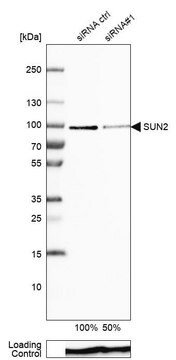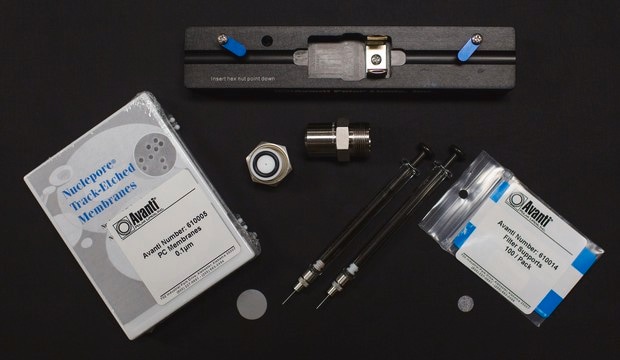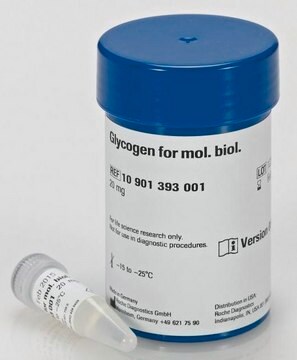MABT880
Anti-SUN2 Antibody, clone 3.1E
clone 3.1E, from mouse
Synonym(s):
SUN domain-containing protein 2, Protein unc-84 homolog B, Rab5-interacting protein, Rab5IP, Sad1/unc-84 protein-like 2
About This Item
Recommended Products
biological source
mouse
Quality Level
antibody form
purified antibody
antibody product type
primary antibodies
clone
3.1E, monoclonal
species reactivity
human, rat, mouse
technique(s)
immunocytochemistry: suitable
western blot: suitable
isotype
IgG1κ
NCBI accession no.
UniProt accession no.
shipped in
ambient
target post-translational modification
unmodified
Gene Information
human ... SUN2(25777)
General description
Specificity
Immunogen
Application
Cell Structure
Immunocytochemistry Analysis: A representative lot immunostained nucleus of fibroblasts from Sun2+/-, but not Sun2-/- mice (Courtesy of Dr Brian Burke, Institute of Medical Biology, A*STAR).
Western Blotting Analysis: A representative lot detected SUN2 in heart tissue lysate from Sun2+/-, but not Sun2-/- mice (Courtesy of Dr Brian Burke, Institute of Medical Biology, A*STAR).
Immunofluorescence Analysis (IF): A representative lot detected mouse testis tissue (Courtesy of Dr Brian Burke, Institute of Medical Biology, A*STAR).
Immunofluorescence Analysis (IF): A representative lot tested on different mouse tissues (Courtesy of Dr Brian Burke, Institute of Medical Biology, A*STAR).
Immunofluorescence Analysis (IF): A representative lot detected immortalized fibroblasts derived from SUN2 +/+, SUN2 -/- , Sun1 -/- double knockout Sun2 -/- Sun1 -/- mouse pups (Courtesy of Dr Brian Burke, Institute of Medical Biology, A*STAR).
Quality
Western Blotting Analysis: 0.5 µg/mL of this antibody detected SUN2 in 10 µg of HeLa cell lysate.
Target description
Physical form
Storage and Stability
Other Notes
Disclaimer
Not finding the right product?
Try our Product Selector Tool.
Storage Class Code
12 - Non Combustible Liquids
WGK
WGK 1
Certificates of Analysis (COA)
Search for Certificates of Analysis (COA) by entering the products Lot/Batch Number. Lot and Batch Numbers can be found on a product’s label following the words ‘Lot’ or ‘Batch’.
Already Own This Product?
Find documentation for the products that you have recently purchased in the Document Library.
Our team of scientists has experience in all areas of research including Life Science, Material Science, Chemical Synthesis, Chromatography, Analytical and many others.
Contact Technical Service







